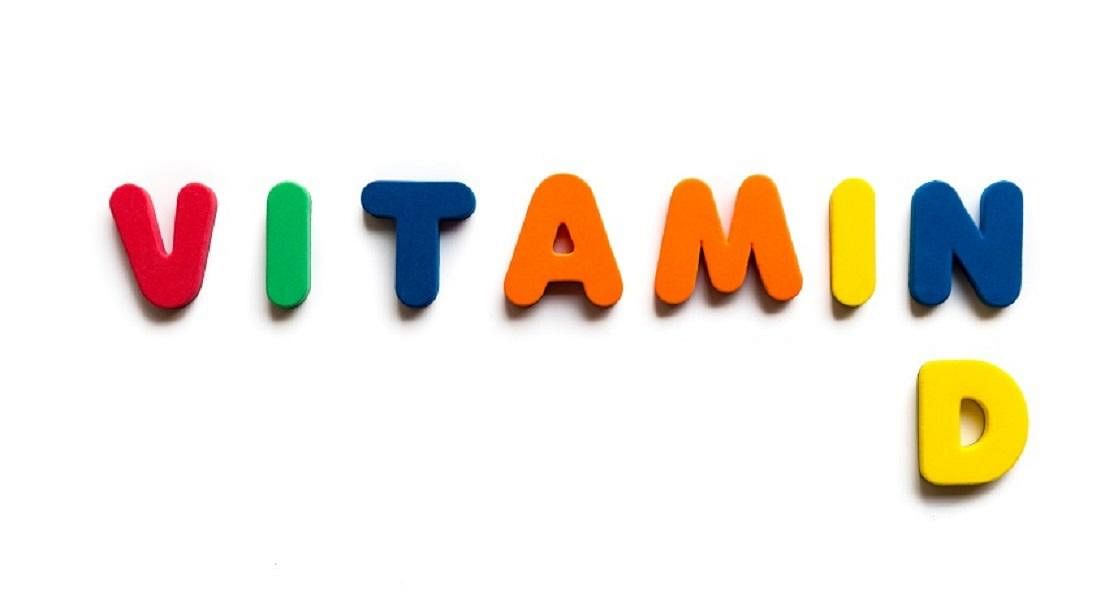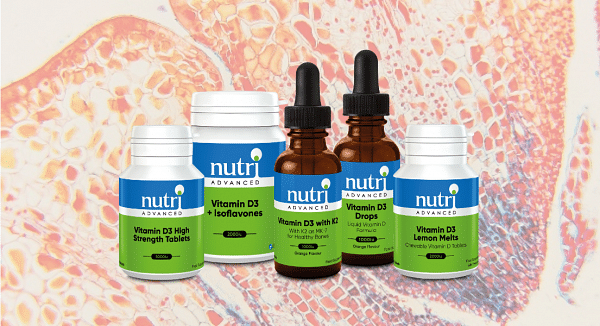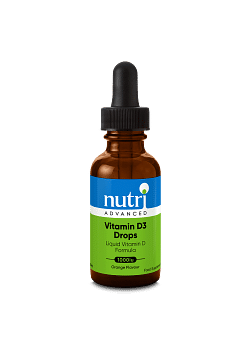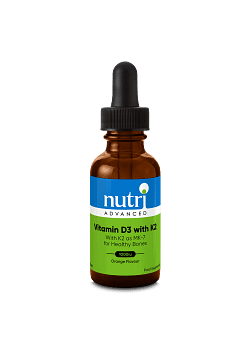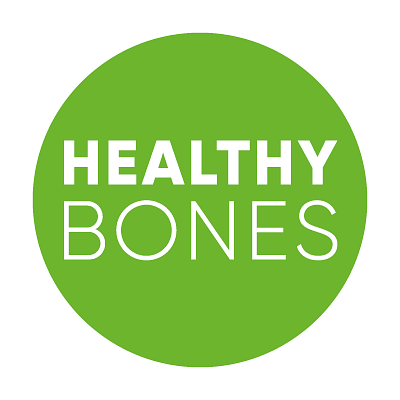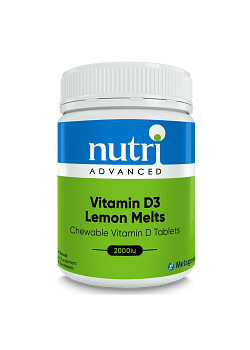How To Optimise Vitamin D Absorption
Why you can trust Nutri Advanced Every article on our site is researched thoroughly by our team of highly qualified nutritionists. Find out more about our editorial process.
If you live in the UK, it’s near impossible for the skin to make enough vitamin D all year round, especially when you consider all the different factors that can get in the way of the body’s vitamin D production processes.
Most people will need to supplement with the vitamin to keep levels in the optimal range, even if it’s just for a few winter months each year. And for those who are more at risk of deficiency, it’s likely they’ll need to supplement all year round. Here’s what you need to know about vitamin D absorption so you can make your recommendations as effective as possible.
Who is most at risk of low vitamin D?
• Children aged under 5
• Pregnant and breastfeeding women
• People over 65
• People who have low or no exposure to the sun
• People with darker skin
• Higher body fat mass and obesity
• Low income / materially deprived people
Different forms of vitamin D
• Vitamin D2 (Ergocalciferol) – the form that’s naturally present in plants
• Vitamin D3 (Cholecalciferol) – the form that’s naturally present in the skin of animals and is widely accepted to be the best form to supplement with.
Vitamin D absorption:
• Vitamin D is best supplemented in the form of D3 (cholecalciferol) – the form produced by the skin in response to sunlight (UVB) exposure. This form must then be converted in the liver (to calcidiol) and then in the kidneys to its active form (calcitriol).
• Vitamin D is passively absorbed in the lower part of the small intestine (the jejenum and ileum).
• Studies show that powdered, liquid or tablet supplements are all well absorbed. Research also shows that vitamin D is well absorbed both with and without food, and with or without fats too.
• Vitamin D works closely with vitamin K2 and it’s useful to supplement these two nutrients together for ongoing maintenance of healthy bones.
• What matters most is that if you are low in this nutrient or are at higher risk for deficiency, you take enough vitamin D regularly to keep your levels in the optimal range.
This website and its content is copyright of Nutri Advanced ©. All rights reserved. See our terms & conditions for more detail.
Nutri Advanced has a thorough research process and for any references included, each source is scrutinised beforehand. We aim to use the highest value source where possible, referencing peer-reviewed journals and official guidelines in the first instance before alternatives. You can learn more about how we ensure our content is accurate at time of publication on our editorial policy.
Most Popular Articles
-
7 Surprising Ways To Support Your Magnesium
If you are displaying signs of a magnesium deficiency, here are 7 ways to boost your magnesium levels that are easy to incorporate into your daily life. -
5 Best Vitamin C Supplements Picked By Our Experts
Learn more about the different types of vitamin C, the different benefits you get from different types, and what you get for spending more on a good supplement. -
Top 5 Vitamins For Energy And Tiredness Picked By Our Experts
The 5 best and most important vitamins for energy & tiredness including B vitamin food sources & best supplement forms for energy. -
Benefits of Myo-Inositol for Polycystic Ovary Syndrome (PCOS)
In this research review article, we take a closer look at a lesser-known natural compound called myo-inositol that has been found to have significant potential to improve many of the prevalent features of PCOS. -
Top 10 Reasons to Give Your Kids Omega-3
Read the top 10 reasons that kids should have plenty of Omega-3- an essential fatty acid- including for depression, brain function, sleep & reading/maths skills.

